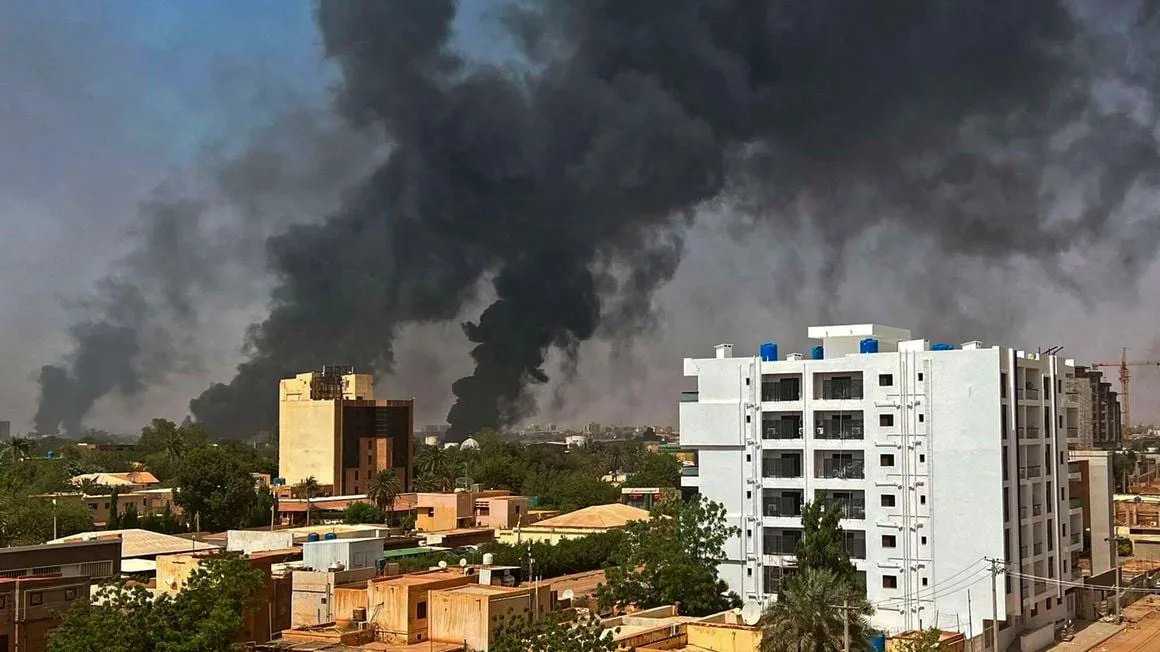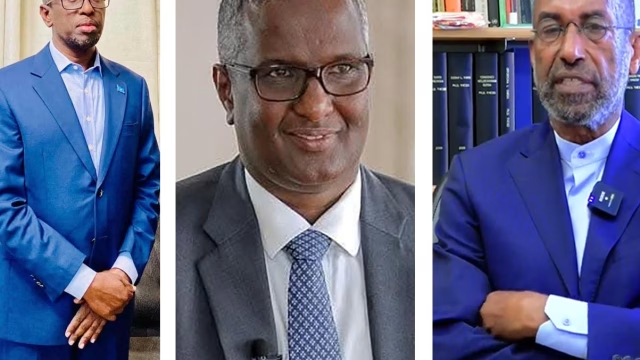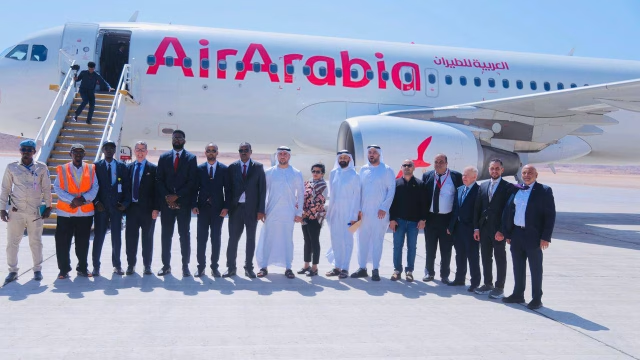Leaders from regional bloc the Intergovernmental Authority on Development (Igad) are banking on a ceasefire pushed…
Leaders from regional bloc the Intergovernmental Authority on Development (Igad) are banking on a ceasefire pushed by the US to have Sudan’s rival security factions lay down the arms.

The leaders from member states Kenya, Somalia, South Sudan and Djibouti were expected to travel to Khartoum to prevail upon the Sudanese Armed Forces (SAF) and the paramilitary Rapid Support Forces (RSF), who have clashed since Saturday in Khartoum and Meroe cities in Sudan, to end their deadly fighting.
But a physical mediation trip to Khartoum has not materialised since it was first mooted on Sunday night, following an emergency meeting.
Nearly all international bodies concerned with Sudan have disapproved of the clashes between the SAF and RSF, warning it could derail the transition to a civilian-led government.
But the pressure was coming from Washington after the US protested an attack on its diplomatic vehicle in Khartoum. Secretary of State Antony Blinken called Sudan’s Sovereign Council President Abdel Fattah al-Burhan and his deputy Mohamed Daglo ‘Hemedti’, insisting on a 24-hour ceasefire to allow humanitarian aid and safe passage of civilians.
“I also underscored in both calls the responsibilities that Sudanese fighting forces bear for ensuring the safety and security of US and other diplomats who are resident in Sudan, as well as for UN staff and other humanitarian partners. If implemented successfully, a ceasefire for 24 hours can create a foundation to build upon for a more sustained halt to the fighting and a return to negotiations on a durable end to the hostilities,” Blinken told a press availability in Kuruizawa, Japan early on Tuesday, according to a transcript shared with the media.
“The people of Sudan have made clear their democratic aspirations. After months of talks, they were close to restoring a civilian-led government. We remain committed to helping them achieve that goal. At the same time, we will take all appropriate measures to ensure the safety of our people.”
After the call, the RSF said it agrees to a ceasefire, but blamed the SAF for continual raids.
24-hr armistice
“Following a conversation with US Secretary of State Secretary Blinken and outreach by other friendly nations similarly calling for a temporary ceasefire, the RSF reaffirms its approval of a 24-hr armistice to ensure the safe passage of civilians and the evacuation of the wounded,” RSF Commander Hemedti said on Twitter on Tuesday.
“Unfortunately, the Sudanese Armed Forces has failed to honour this ceasefire, bombing densely populated areas from the air and endangering civilian lives. These actions are a flagrant violation of the foundations and principles of international and humanitarian law.
“We await further discussions with the US secretary of state on how to best address these violations.”
Hemedti and al-Burhan have traded blame, with the RSF promising to bring al-Burhan “to justice” after the war.
Meanwhile, Igad — which is incidentally chaired by Sudan — has had its peace bids reinforced by the African Union, the European Union, US, UK and the UN, all calling for urgent ceasefire to enable humanitarian access.
Yet to reach Khartoum
Nuur Mohamud Sheekh, Spokesperson of the Igad Executive Secretary Workneh Gebeyehu said the authority has reached out to both warring parties to get guarantees on de-escalation, to ensure a transition to civilian-led rule. But continual fighting has prevented its leaders from touring Sudan.
“They have not managed to reach Khartoum yet, but there is a lot of diplomatic initiative going on in the region to speak to both General Burhan and Gen Hemedti,” he told the BBC’s Focus on Africa on Monday.
“Igad has been engaged with these two principals and the civilian component of the Framework Agreement, signed on December 15, that set a process that would lead to a civilian government.”
After an extra-ordinary summit on Sunday, Igad named Kenya’s President William Ruto, Salva Kiir of South Sudan, Djibouti’s Ismail Guelleh and Somalia’s Hassan Sheikh Mohamud as part of a high-level delegation to Khartoum “at the earliest time possible to engage the two leaders to resume negotiations on all outstanding issues including security and military reform”.


